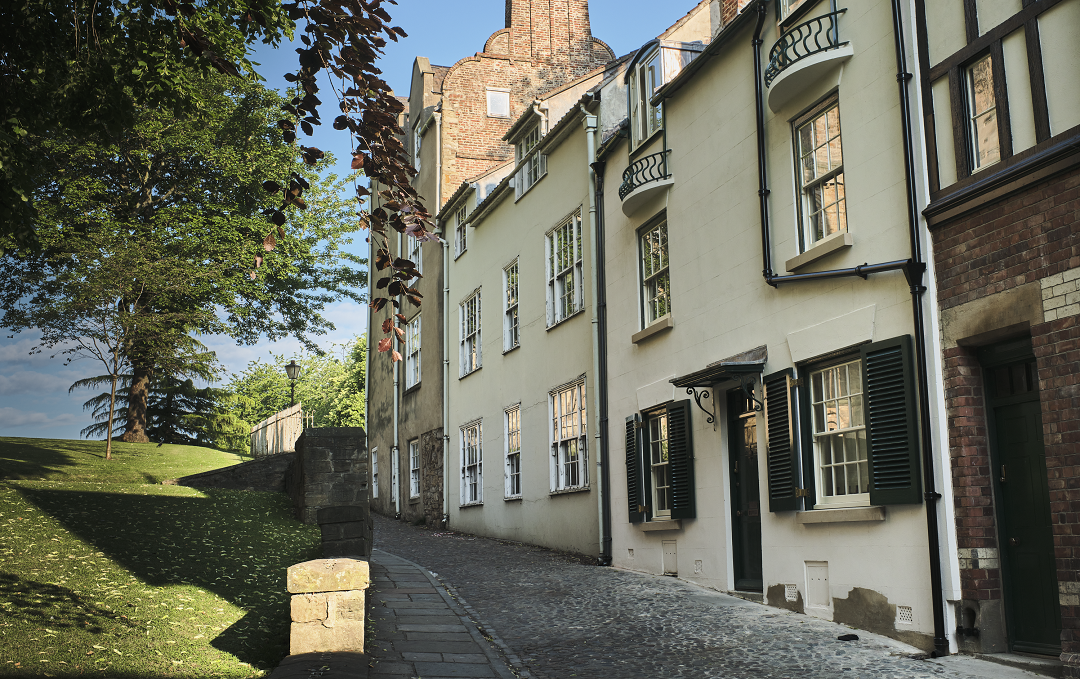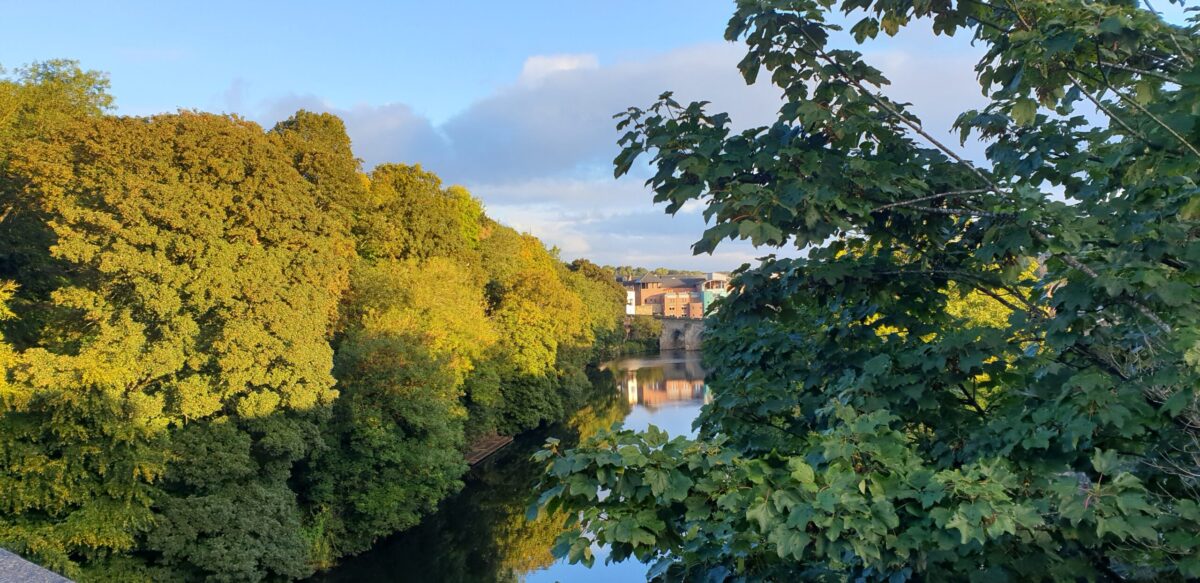Why I chose to study MA in Classics?
Years of studying at a classical lyceum shaped my love for antiquity and guided me towards a degree in Classics. As the end of my Bachelor’s at Royal Holloway approached, so did the deadlines for applying to Master’s programmes. Pursuing a joint honours degree in Classics and Modern Languages perfectly combined my interest in both languages and the classical world, and I wasn’t ready to leave academia just yet – was I ever going to be?
Extensive research into Master’s programmes at universities across the UK led me to Durham, as I found the right supervision for my area of interest. I already knew what I wanted to research, which certainly made my decision to commit to a Master’s programme easier and helped me navigate the process of choosing the right university. Of course, Durham’s reputation played a role in my decision to consider the university, but it was the department’s research that ultimately made my choice clear.
Now, as a second year PhD student, I cannot imagine choosing a different place. The outstanding professionalism, friendliness, and warm community of the Classics department led to my inevitable desire to continue my research – and what better place than the one I was already in?
Classics as a gateway to various career opportunities
The question that every Classics student hears, whether from a friend, relative, or stranger, once in a while is: “But what are you going to do with a Classics degree?” As annoying as that question might be, it is also a good opportunity to raise awareness of the usefulness of a Classics degree, because the options are endless. The analytical and linguistic skills gained from studying ancient texts are highly valued in many fields, making the degree more versatile than some might expect. These are transferable skills that go beyond academia, benefiting any career path.
Not convinced yet?
Choosing a degree is a really important decision, however, not the end of the world. It is not necessary to have a background in Classical studies to decide to pursue a degree in Classics. For example, I have friends from various humanities backgrounds who are drawn to the profound wisdom that antiquity offers.
Attending Open Days
Certainly, it might be very helpful to attend an Open Day at the university, where both professors and students from the department can share their perspectives and experiences, and also answer all the questions. In the end, the warm hospitality of everyone, and the inspiring atmosphere at Bailey’s amazingly situated department, will undoubtedly convince you to join Classics!
Discover more
Find out about the MA in Classics at Durham University here.
Find out more about postgraduate study here.
Find out how to visit us here.
Follow our students on Instagram, TikTok and YouTube.

